

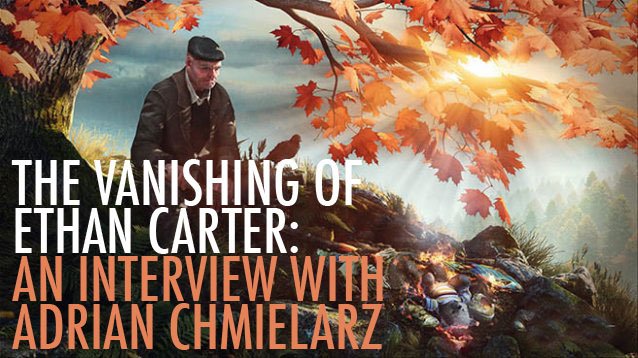
When The Astronauts announced The Vanishing of Ethan Carter, a "weird fiction" horror game yesterday, the first thing I did was fire off an interview to one of the game's lead developers, Adrian Chmielarz to talk about the newly announced title. The following interview delves deep into how the game came about and what the studio's plans are, moving forward.
---
When your studio was first formed, many people falsely assumed that you'd be developing an action first person shooter. The blog posts you've posted since then would imply a sharp move towards indie development and concepts—away from the 'run and gun' gameplay of typical high-profile titles. What precipitated your decision to move towards indie development?
You are a detective, so you detect – but the puzzles are not the heart and soul of the game. It’s the immersion. It’s the exploration. It’s the discovery.Adrian Chmielarz: Developing an AAA title can, in some parts, be a constant struggle. Every idea goes through many people, every decision has a committee behind it. There are obvious benefits to working in such ways, but the biggest downside is that games often lose the sense of personal touch and love. Creators want to speak in their own voice, but it’s very, very hard to achieve that in AAA games. So we’ve decided to go back to our roots and one more time open up a smaller studio in which we can take full responsibility – both glory and shame – for what we’re doing.
The other thing is the risk aversion that AAA suffers from. I totally get it. We’re talking tens of millions of dollars here. So instead of bitching about how AAA are getting stale, we just took matters in our hands and are trying to deliver something fresh. It wouldn’t have been that easy ten years ago. But now? Word of mouth plus digital distribution equals a digital revolution. We no longer have to worry about the shelf space, and as long as your game is good, gamers will help you promote it. As an indie dev, then, we can take a bit more risk in what we’re doing than the bigger studios.
Could you share a little about The Vanishing of Ethan Carter—about how it plays? Is it a first (or third) person adventure, or is there more to it than that?
AC: One of the things we want to achieve is a deep immersion in the game’s world. For me personally that works a bit better with first-person perspective, or at least I have greater experience with that. You could call it an adventure game, but it has nothing to do with point and click adventures or Myst-like games. You are a detective, so you detect – but the puzzles are not the heart and soul of the game. It’s the immersion. It’s the exploration. It’s the discovery.
The game is purported to be influenced by weird fiction of the 1920s. Are there any specific books or works of art you draw influence from in the game's creation?
AC: We want to properly represent the genre. Actually, the way I came up with the title for the game was that I checked the titles of thousands of stories published in magazines like “Weird Tales” and “Terror Tales”, let it marinate for a while and then came up with a list of twenty titles that could work for the horror pulp. And then we chose the one we’re talking about now.
However, we try to avoid direct inspirations from a single author or a story. It matters to us more what a “weird fiction horror” is in general, rather than the game being a Lovecraftian mythos story or something straight from Algernon Blackwood’s book.
You've written a lot about wanting to make games that make us feel emotions. How do you plan to do that with the gameplay in The Vanishing of Ethan Carter, if not through its story alone?
AC: When you taste a great wine, does it make you feel good? I assume so. What’s the story there? There’s none, really, is there?
Emotions can come to us from many different sources. For example, in games like The Walking Dead or Fahrenheit they come from the hard choices we have to make. Our game is not about that, we’re trying to attack your heart and soul with different things. But we attack nonetheless. With a sense of presence. With the joy and fear of discovery. With the satisfaction of finding a solution. And, finally, with experiencing the story and its multiple layers. We’re working hard to make sure all these elements sing in harmony.
We see a man burning what appear to be a child's possessions. Would it be too much of a spoiler to tell us about his role in the story?
AC: Note that it’s not just the child’s teddy bear, but also his backpack, his shirt, his shoes. Is there something more sinister going on there, then? Maybe. Maybe not. We’re not telling!
How long has The Vanishing of Ethan Carter been in the works?
AC: We started in September, around five months ago. So it’s not that long, but then again, we’re not doing Assassin’s Creed. So there’s already quite a bit of a groundwork done.
As the game appears set as a detective story, are there any plans for future adventures in the same setting beyond The Vanishing of Ethan Carter?
AC: We’d love to, yes. There’s actually more than one solution to that problem, but it’s too early to speculate. But what’s important is that the game is being made with a full closure in mind. I’m not saying we’ll explain everything, you’ll have to figure out some things yourself – that’s one thing that weird horror is about – but we’re not making it with any sequel in mind. It’s not part one of anything. It’s a standalone game.
What kind of reception are you hoping for The Vanishing of Ethan Carter to receive?
AC: We hope we can make a living creating games for an audience that loves video games, but also demands more from them.
The indie "genre" (if we can call it that) is a wellspring for games with a strong focus on storytelling and non-traditional gameplay, with titles like Kentucky Route Zero, Journey, and of course The Vanishing of Ethan Carter. The same seems to hold true for independent movies like Moon, Primer, and Pi, which—due to their focus on storytelling over spectacle—are capable of telling better stories than most big budget films. Where do you see the game industry in a few years? Do you think there's room for blockbuster games with well-written stories and gameplay beyond your typical Call of Duty or God of War to do well in the market? Or will well written games, like indie movies, remain niche?
AC: I think we will keep influencing each other. Indie games will pay attention to visuals, aesthetics and intuitive user interfaces, while AAA games will pay attention to the fact that games can be more. At the moment we have either Moon, Primer and Pi, or Independence Day. Time to have our Inceptions and our Godfathers. Even if you disagree with these particular examples, at least I hope you know what I mean.
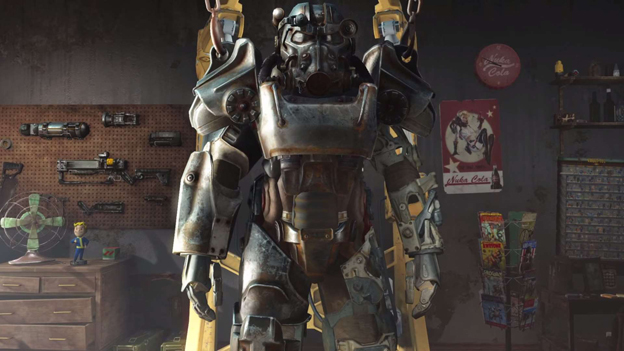
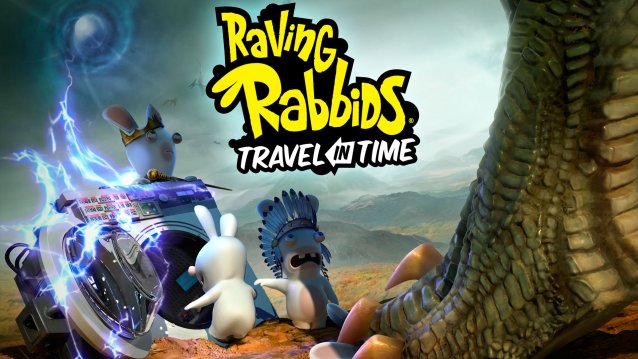
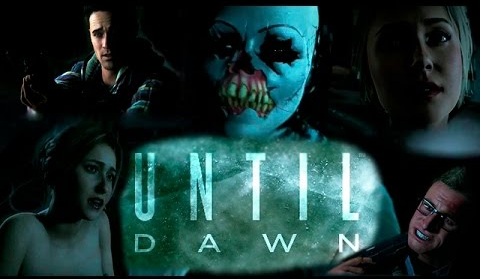
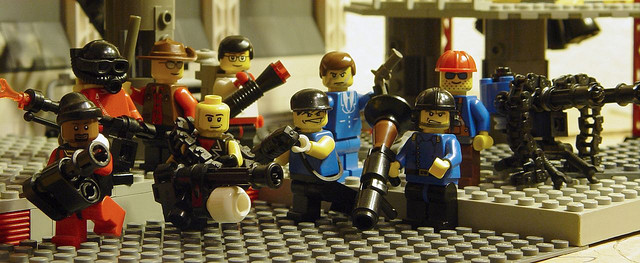
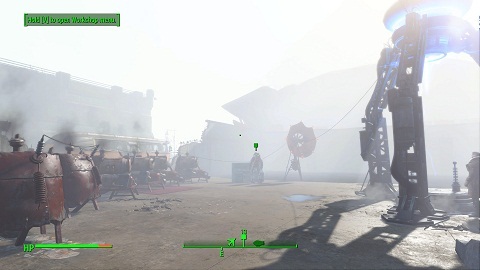 Fallout 4 Build a Signal Interceptor (DIY) - Molecular Level
Fallout 4 Build a Signal Interceptor (DIY) - Molecular Level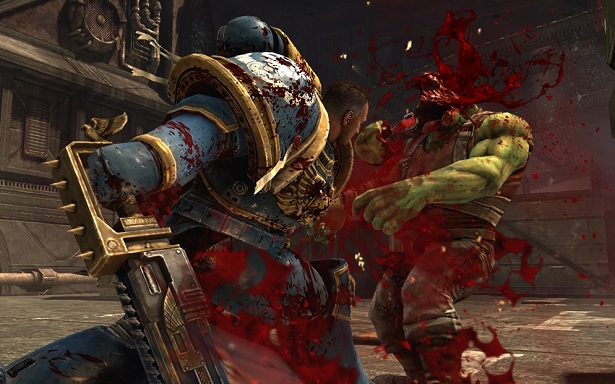 Warhammer 40000: Space Marine Walkthrough
Warhammer 40000: Space Marine Walkthrough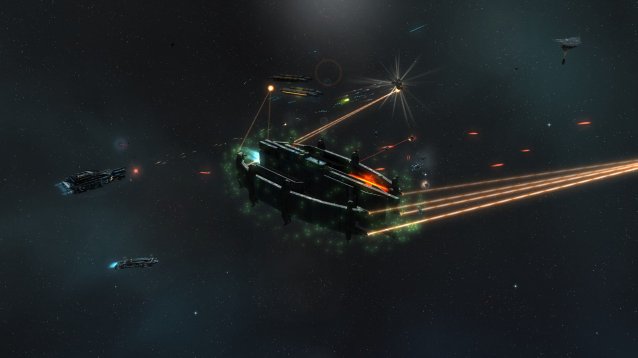 Sins of a Solar Empire: Rebellion — A Game Worth Mastering
Sins of a Solar Empire: Rebellion — A Game Worth Mastering Saints Row: The Third Cheats Codes
Saints Row: The Third Cheats Codes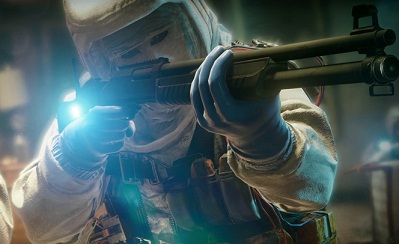 Play Rainbow Six Siege in Split Screen - is it possible?
Play Rainbow Six Siege in Split Screen - is it possible?